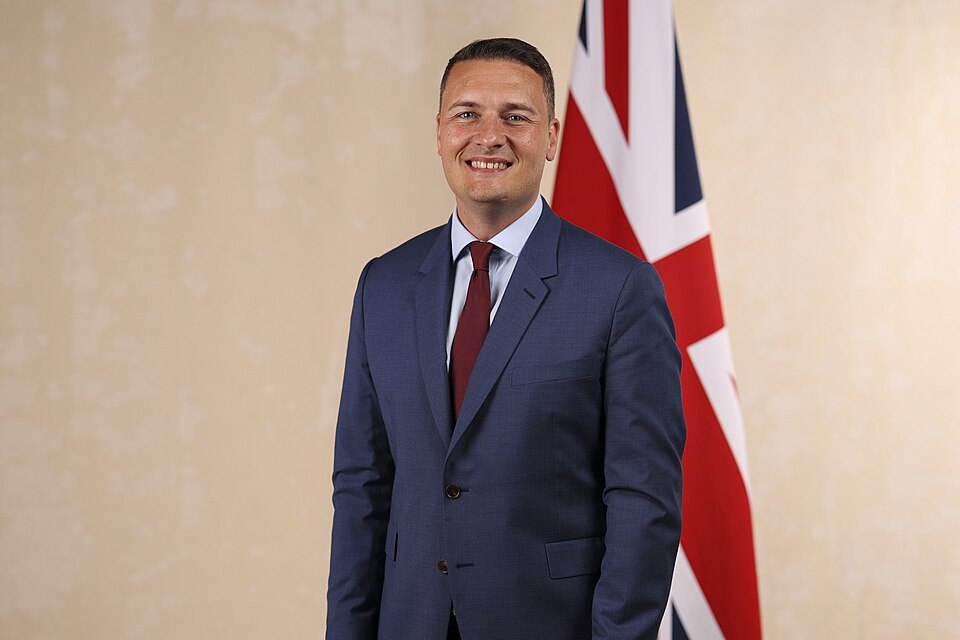
Health Secretary Wes Streeting has admitted that Labour’s decision to restrict winter fuel payments contributed to the party's poor performance in last week’s local elections.
Speaking to the BBC, Streeting acknowledged that many voters were unhappy with the policy and that it was a common concern raised during campaigning. “I’m not going to insult your viewers by pretending it didn’t come up on the doorstep—of course it did,” he said.
Despite the backlash, Streeting defended the cuts, saying they were necessary to fund public services amid what he described as “multiple crises” inherited by the government. He emphasized that the payments were still protected for the poorest pensioners.
The Guardian had reported that ministers were considering a partial reversal of the policy, but Streeting said no formal review is underway. Still, he noted that Labour is taking voter feedback seriously after losing about two-thirds of the council seats it was defending, including its only council in control.
The winter fuel payment provides £200 annually to pensioners under 80, and £300 to those over 80, typically paid in late autumn. Previously universal, the payment was restricted last year to only those on pension credit and other income-related benefits—cutting eligibility for around 9 million pensioners and saving £1.4 billion.
The cuts were not included in Labour’s election manifesto and have been widely seen as a key issue behind their electoral losses, including the loss of 187 council seats.
Streeting argued the policy is part of broader financial measures needed to support services long-term. “To deliver the change people voted for, we’ve had to do some heavy lifting in the Budget,” he said.
Introduced in 1997, the winter fuel payment was originally a universal benefit aimed at helping pensioners with heating costs, although recipients could use it as they wished. Meanwhile, the state pension continues to be protected under the “triple lock,” ensuring annual increases based on inflation, average earnings, or 2.5%, whichever is highest.
This year, pensions rose by 4.1%, equating to an extra £363 for those on the basic state pension and £472 for those on the new scheme. Photo by Lauren Hurley / No 10 Downing Street, Wikimedia commons.



































